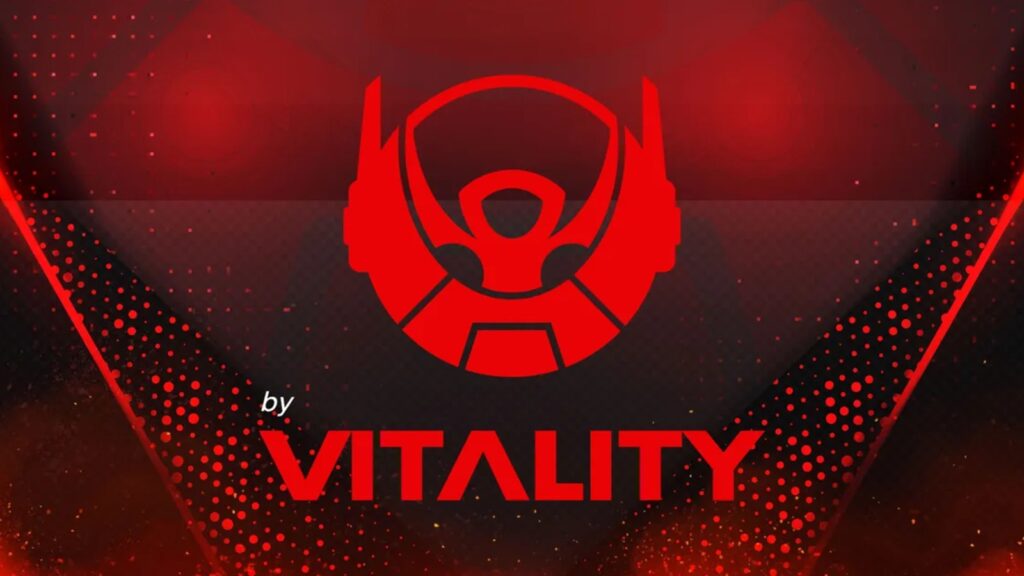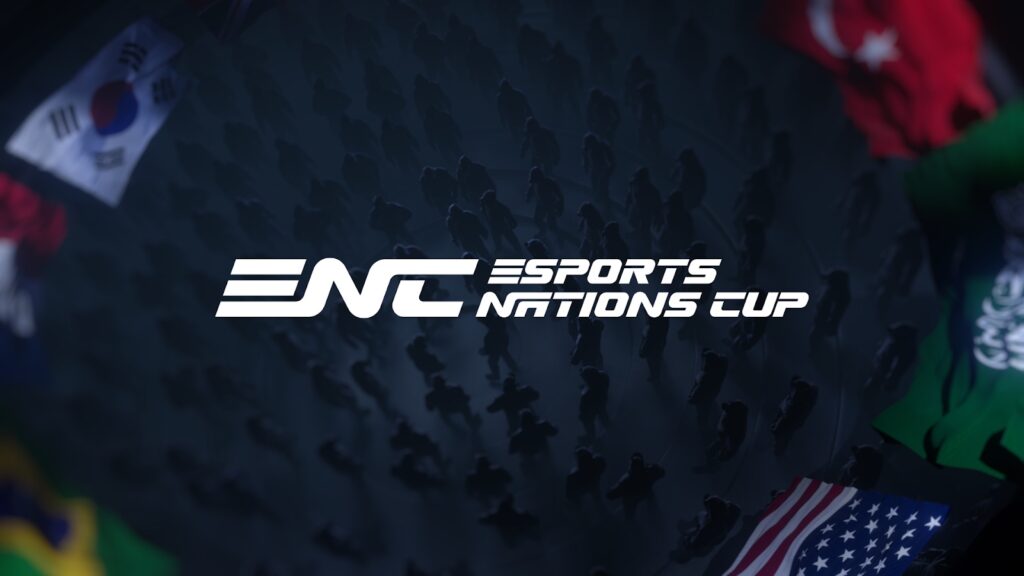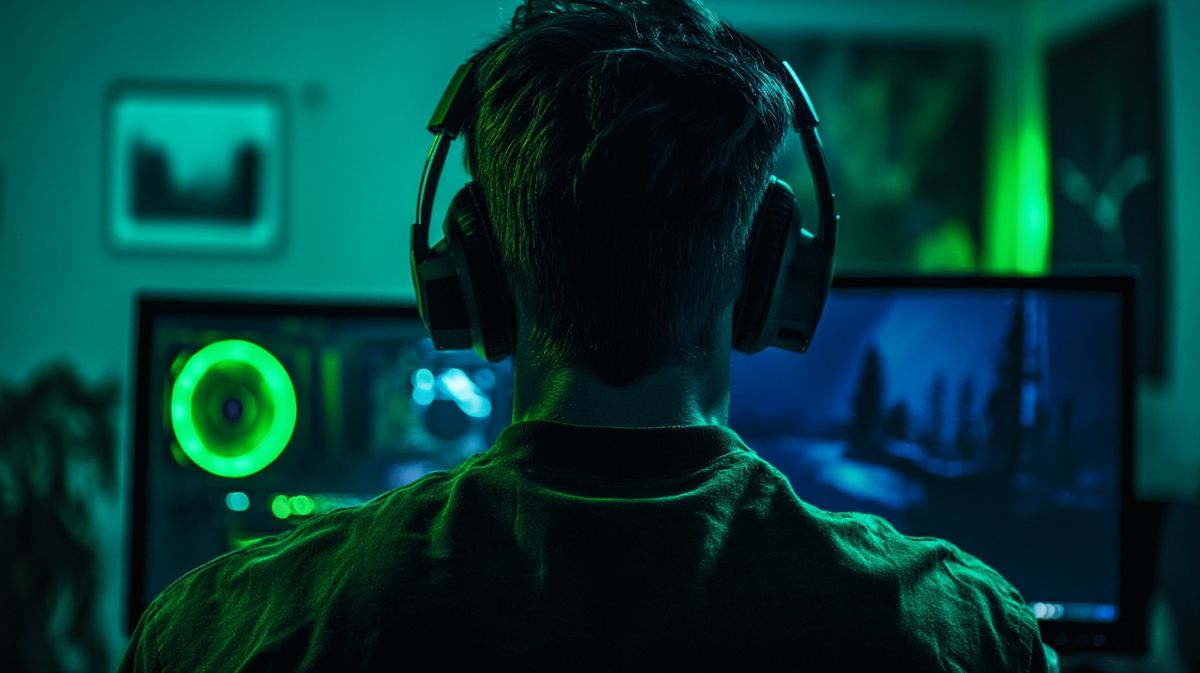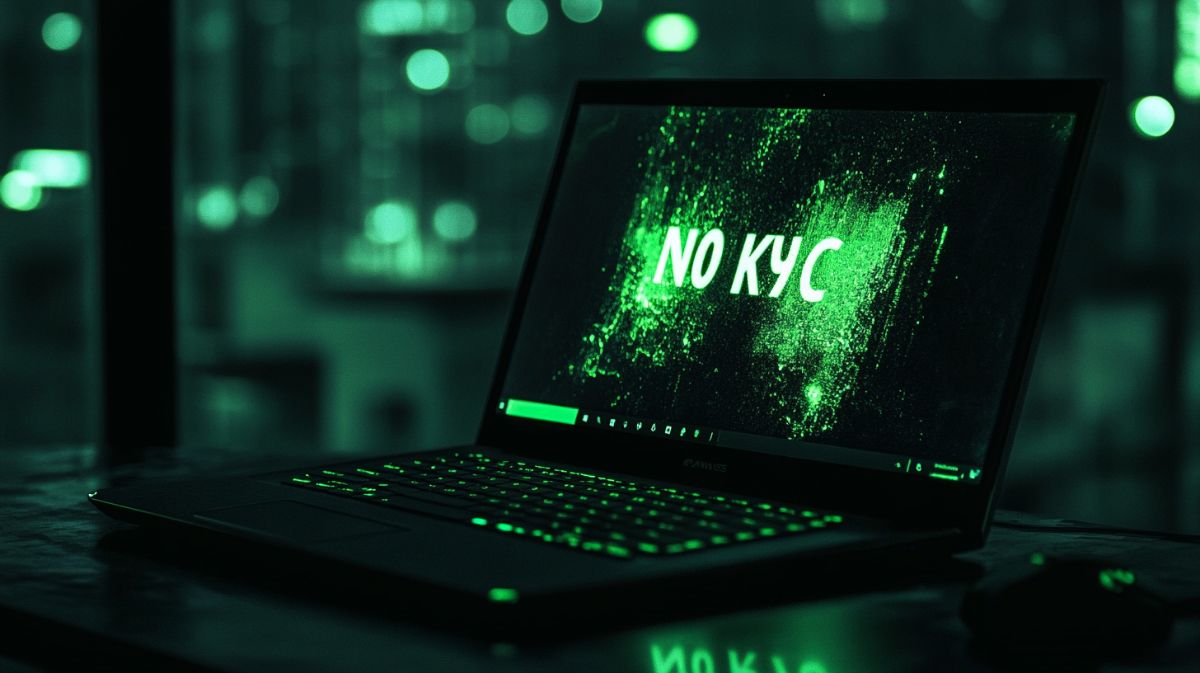Esports athletes under similar stress as regular athletes, says study by University of Chichester
In a recent journal article by the University of Chichester, an interesting phenomenon was brought to light. A study examined elite esports professionals and the competitive environment they are in, and how it impacts them.
While a lot of people still claim esports aren’t a real sport and shouldn’t be compared to, say, rugby, this study found that they experience a similar, and considerable amount of stress when competing. 51 different stress factors were identified, including things like communication issues, stage fright and other concerns about performing in front of an audience.
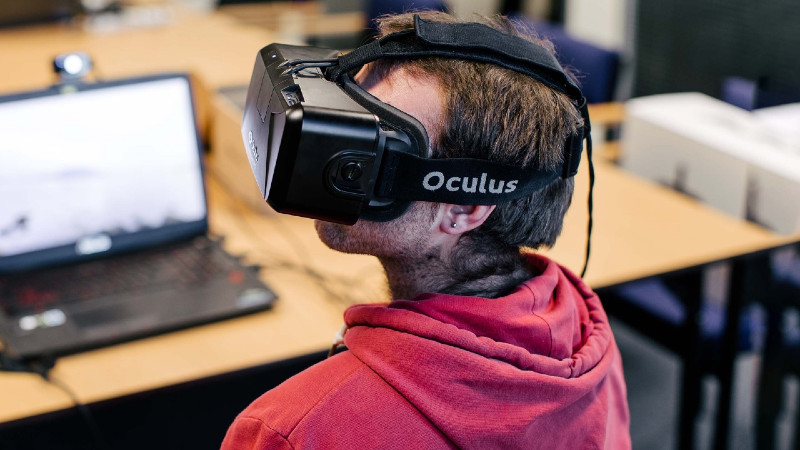
© University of Chichester
These findings closely match what similar studies done on athletes that pursue more traditional sports found – both types of athletes are under severe stress, and for very much the same reasons as well. One of the co-authors of the study said:
“Esports has become a multimillion-pound business attracting audiences worldwide, but there is little research into the psychological factors that influence players. We have discovered that gamers are exposed to significant stress when competing in top-flight contests. By isolating these stressors, we can help esports players develop effective coping strategies to deal with such stressors and optimise performance while playing at the highest level.”
Making an impact
Impacts on performance are particularly strong where inter-team conflicts are present, and those tend to centre around communication problems. Now, objectively speaking, everyone knows that athletes or any performer, is likely to perform a lot worse when exposed to significant amounts of stress, yet very little has been done to help with this situation as far as esports pros go.
A few things have happened in order to make things more reasonable for competitors – Blizzard, for example, relaxed its punishing tournament schedule in the Overwatch Pro League, meaning that each time had fewer competitions, more downtime and less travel stress. They acknowledged the impact the schedule had on players and responded accordingly, but this isn’t always the case.
There is still a shocking lack of ignorance when it comes to supporting the mental health of esports players, or even acknowledging the problems they face. While this is also true for other health concerns, it’s particularly prominent in the area of mental health.
Read also: How to stay healthy while gaming
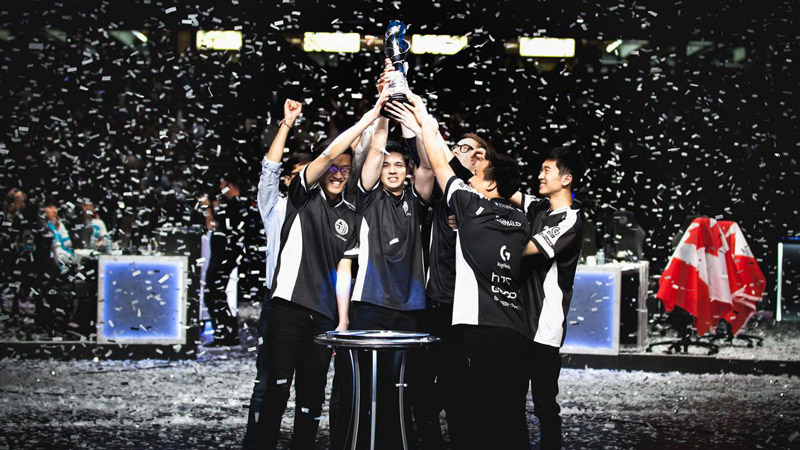
© TeamSolo Mid
The future
While change doesn’t always happen all at once, there are some measures being taken to make things better – for example, Chichester Universiry offers a new three-year course as part of its esports degree, and among other things, it covers the physical and psychological impact that esports have, nutrition, coaching and strategy. It’s not a course that teaches people how to play, but rather how to support the esports industry from within, and in a healthier way than is done currently.
It’s already quite common for pro teams to have nutritionists and to regularly see physicians, especially for strain injuries, but mental health care lags behind a fair bit still. Hopefully this will change relatively soon, as it will improve the situation of everyone involved – right down to less-stressed players being able to perform better!
Read also: China approves esports careers as professions



